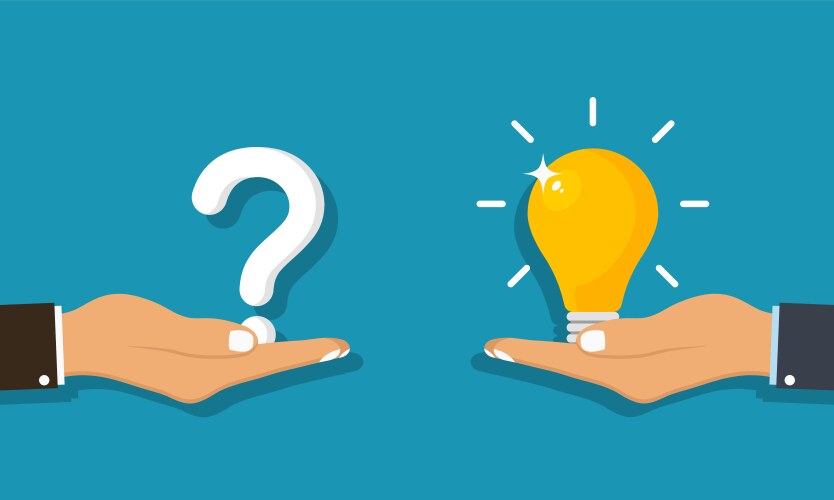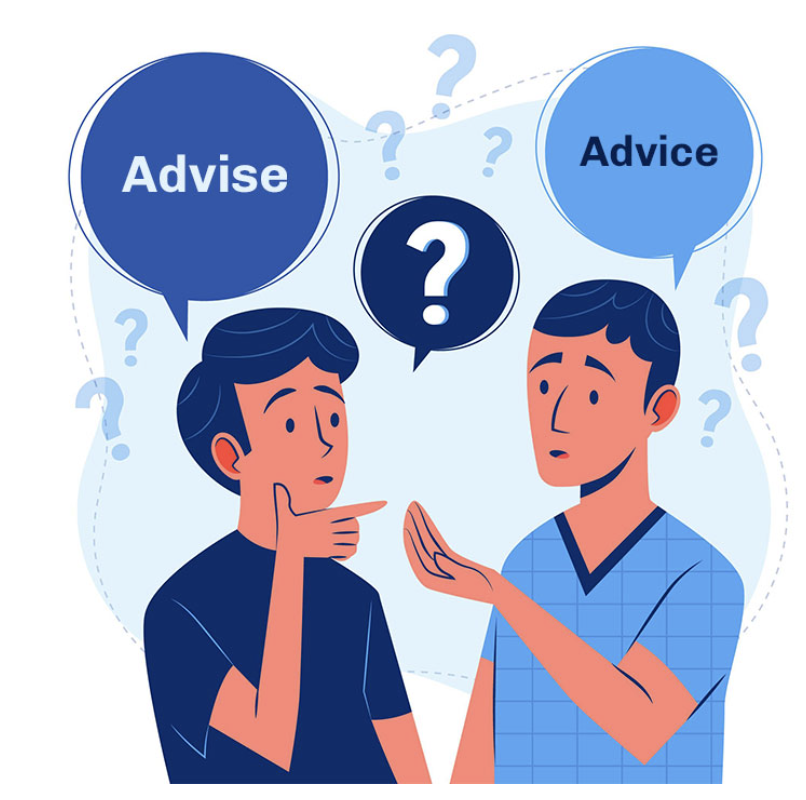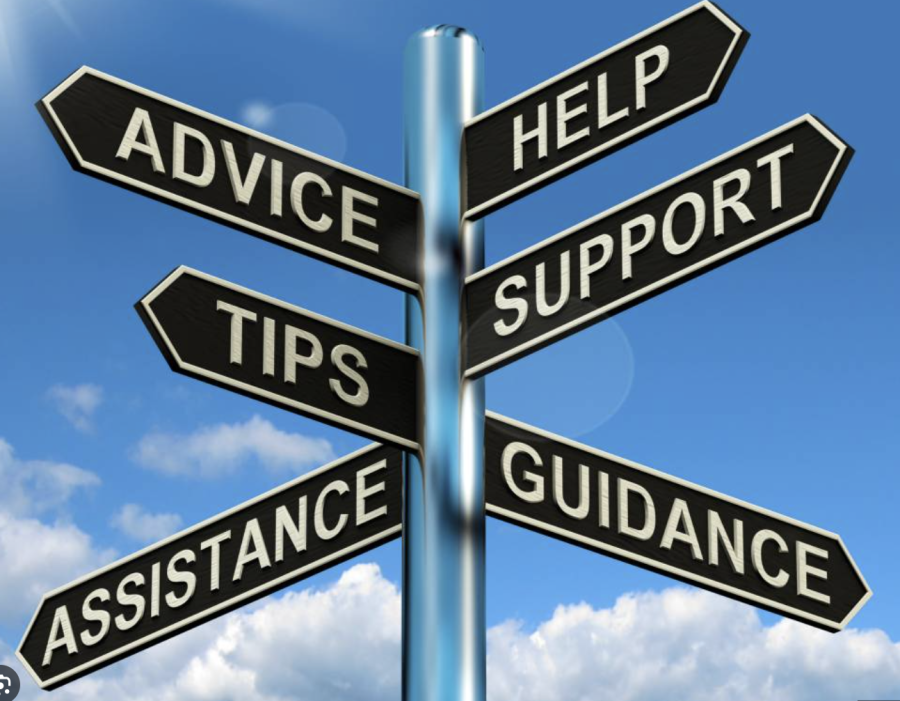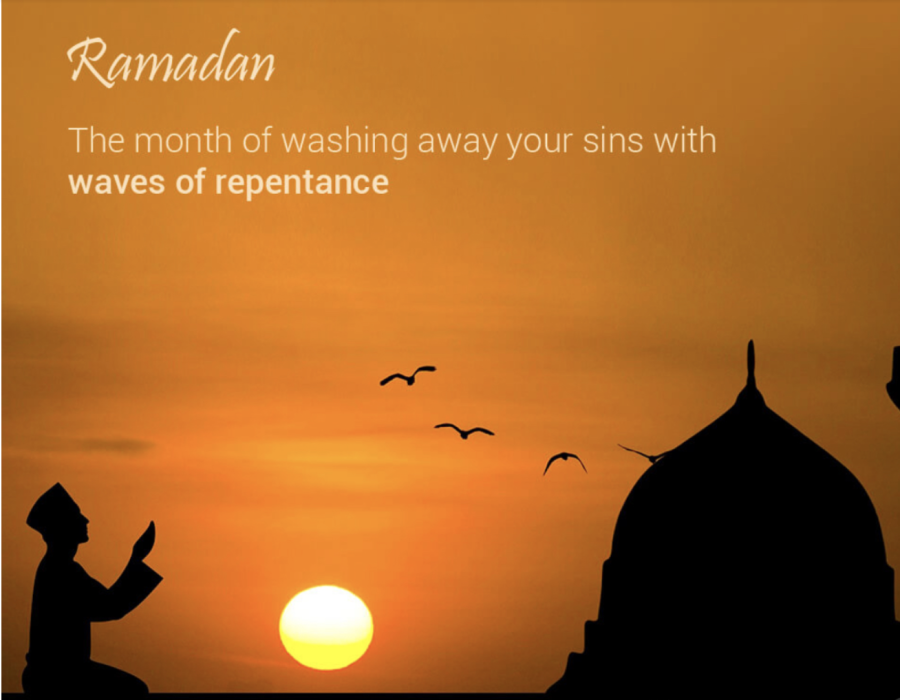Ramadan – Fasting
April 26, 2022
The practice of Ramadan is a mystery for a lot of people in the United States. Every year when it’s the month of Ramadan, my American friends, teachers, coworkers… always ask me these following questions:
“You can’t even drink water?”
“Why are you guys fasting?”
“Do you really have to do this?”
“You know that you can eat, your God won’t see you?”
“You cannot eat or drink for 30 days straight?”
These people can’t be blamed for asking these questions because they are in a country, where many people don’t know much about Islam. Most of the people in America are Christian, Catholic or don’t have religion. They are just ignorant and curious about knowing Islam. Ramdan is not only fasting, staying hungry and thirsty from sunrise to sunset. For Muslims Ramadan is a sacred month. It’s a month God gives us every year to give us the chance to be forgiven for all the sins and bad things that we have accumulated.
“We are fasting firstly because it is part of our religion. Secondly it’s a way for us to know how the poor people feel, have empathy, and help them.” said Coumba Faye, a 12 grade student at Liberty High School. “It’s also a way to connect with God and avoid all the sins,” continued Rowaida Saleh, Comba’s classmate.
Ramadan is also a whole behavior. It purifies the soul and the body. To purify them you have to be good, have a good heart, not to hurt others, not to talk about people behind their backs, not criticize anyone, and most impotant is doing Zakat which is giving and helping the people in need, it’s one of the five pillars of Islam.
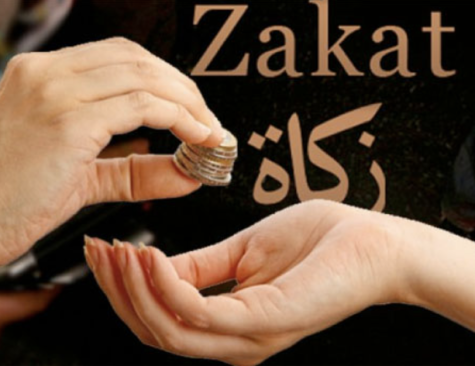
Starting from the night preceding Ramadan, Muslims start to pray Taraweeh, which is a night prayer where Muslims gather in the mosque and pray together a number of times throughout all the nights of Ramadan.
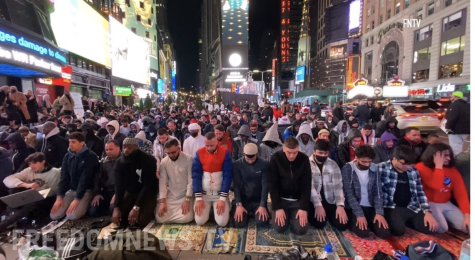
Muslims wake up at 4:30 am to eat breakfast to gain energy that helps us throughout the day. After that we pray, read the Quran until the sunrise and go back to sleep. However, when they wake up we go back to our life, doing what we have to do, waiting for sunset to break our fast. As they break their fast at sunset they break it with dates (tamr in Arabic) and water. They do so in following what the prophet Mohammed, peace be upon him, used to do as he broke fast. After eating that they can eat whatever else they want.
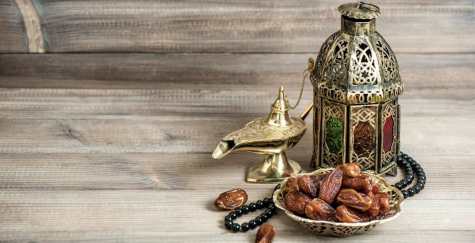
All muslims who are in good health should fast, except children and people who are badly sick. All Muslim children are expected to start fasting at the age of 14, which is usually when they reach their puberty. Women who have their period and pregnant cannot fast either but after Ramadan, they have to make it up.
According to InSync Blog by Nua, women abstain from fasting during their period- reason being that almighty (God) has forbidden menstruating women from fasting out of mercy because women lose a lot of blood and it can lead to fatigue.Hence, fasting would be an unfair burden on them.
As stated BBC News Pregnant women who fast during Ramadan could be putting the health of their unborn baby at risk. Fasting during Ramadan is also one of the five pillars of Islam, so pregnant women are exempt since it poses a risk to their health.
“Ramadan for me is trying to be the best of yourself and the best Muslim possible by sharing, giving, being good and caring.” stated Mariama Sackor.




